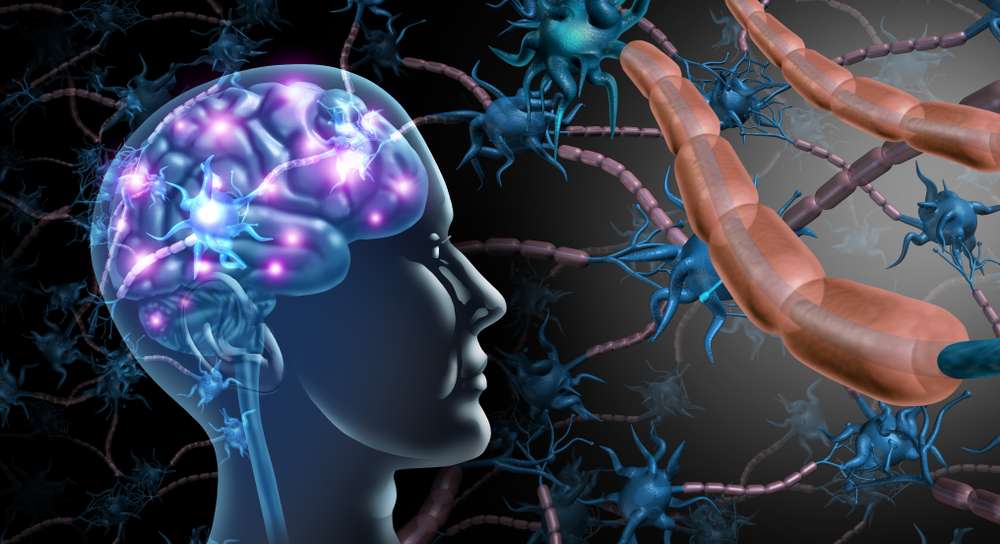
Updates on Multiple Sclerosis Treatment and Predicting Clinical Phenotypes: A Summary of Recent Findings
The Neurology Live team has been covering the latest updates in the clinical care of patients with neurological diseases, including dementia, Alzheimer’s, epilepsy, headache or migraine, movement disorders, multiple sclerosis (MS), neuromuscular diseases, sleep medicine, and stroke. They have summarized the key developments from the 2023 Consortium of Multiple Sclerosis Centers (CMSC) Annual Meeting, focusing on new findings related to MS prevention and treatment. One study highlighted the significant impact of a low-fat diet on reducing fatigue in individuals with relapsing MS. Participants on the low-fat diet experienced a decrease in fatigue as measured by the Modified Fatigue Impact Scale (MFIS) and the Fatigue Severity Scale (FSS). Another study compared the effectiveness of ublituximab and teriflunomide in improving fatigue in relapsing forms of MS. Ublituximab showed greater reductions in fatigue scores across multiple time points compared to teriflunomide. In a small-scale study, researchers explored the benefits of a mindfulness-based stress reduction (MBSR) intervention for individuals with MS. The MBSR program resulted in improvements in various patient-reported outcomes, including stress, anxiety, depression, fatigue, loneliness, well-being, and interoceptive awareness. Additionally, new research investigated factors that may help predict the clinical phenotype following optic neuritis (ON). The study aimed to determine which neuroimmunological condition patients would develop based on factors such as age, gender, race, visual acuity, MRI findings, recovery, and response to treatment. Overall, these studies contribute to our understanding of MS management and highlight potential interventions for reducing symptoms and improving patient outcomes.
To know more: About the original article click here.
